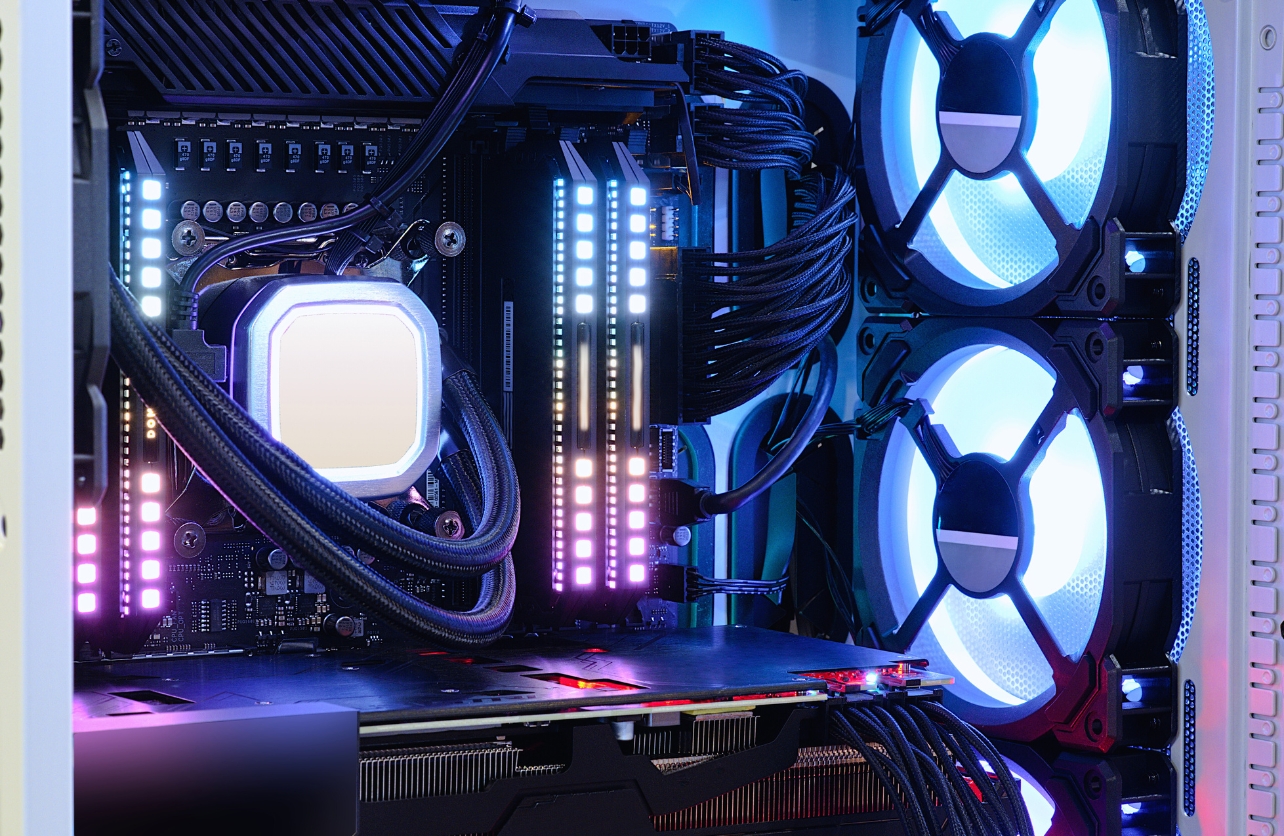What is the Use of a PC Fan?

If you have ever opened a computer, then you’ve probably noticed a bunch of fans inside. These fans can produce quite a bit of noise when the PC is under load, which some people find annoying. So, even in the current tech landscape, are PC fans really necessary? The answer is: absolutely. A PC fan is an essential component of any computer, designed to maintain optimal operating temperatures and ensure the longevity of the internal hardware. Here’s how it works and why it’s important:
What a PC Fan Does
Cooling the CPU and GPU
The central processing unit (CPU) and graphics processing unit (GPU) are the most heat-intensive components of a PC. These parts generate significant heat when performing tasks, especially during heavy workloads like gaming, video editing, or running complex calculations. The primary function of a PC fan is to dissipate this heat, preventing the CPU and GPU from overheating, which could lead to thermal throttling—a reduction in performance to cool down—or, in severe cases, hardware damage.
Circulating Air within the Case
Beyond cooling specific components, PC fans also help to maintain proper airflow throughout the entire case. They draw cooler air from outside the case and expel the warm air generated by the components, creating a continuous cycle that stabilizes the internal temperature. This circulation is crucial for keeping all components, including the motherboard, memory, and storage devices, at safe operating temperatures.
Enhancing the Lifespan of Components
Effective cooling not only maintains performance but also extends the life of the components. Excessive heat can degrade electronic circuits and lead to premature failure. By keeping temperatures in check, PC fans reduce the risk of heat-related wear and tear, ensuring that your system remains reliable over time.
Aesthetic and Customization
Modern PC fans often come with additional features like RGB lighting, allowing users to customize the look of their PC. While this doesn’t affect the functionality of the fan, it adds a layer of personalization that can enhance the overall aesthetic of the build.
Managing Noise
The type, size, and speed of a fan can impact a PC’s noise level. High-performance fans with larger blades can move more air at lower speeds, often resulting in quieter operation. Conversely, smaller or cheaper fans may need to spin faster to achieve the same cooling effect, potentially generating more noise. Choosing the right fan for your PC setup can help strike a balance between cooling efficiency and noise control.
Summing Up
In summary, PC fans are vital for cooling, airflow management, noise control, and protecting the longevity of your computer’s components. Whether you’re a casual user or a hardcore gamer, ensuring your PC is equipped with effective cooling solutions is crucial for maintaining performance and preventing overheating.
Your Trust, Our Core Commitment
At Rising Tech, earning and maintaining your trust is the cornerstone of our mission. We're dedicated to transparency, impartiality, and the relentless pursuit of truth in every article, review, and recommendation we publish. Our commitment to these principles ensures that you, our valued reader, are always equipped with reliable and unbiased information. Let us be your trusted guide in the ever-evolving world of technology.